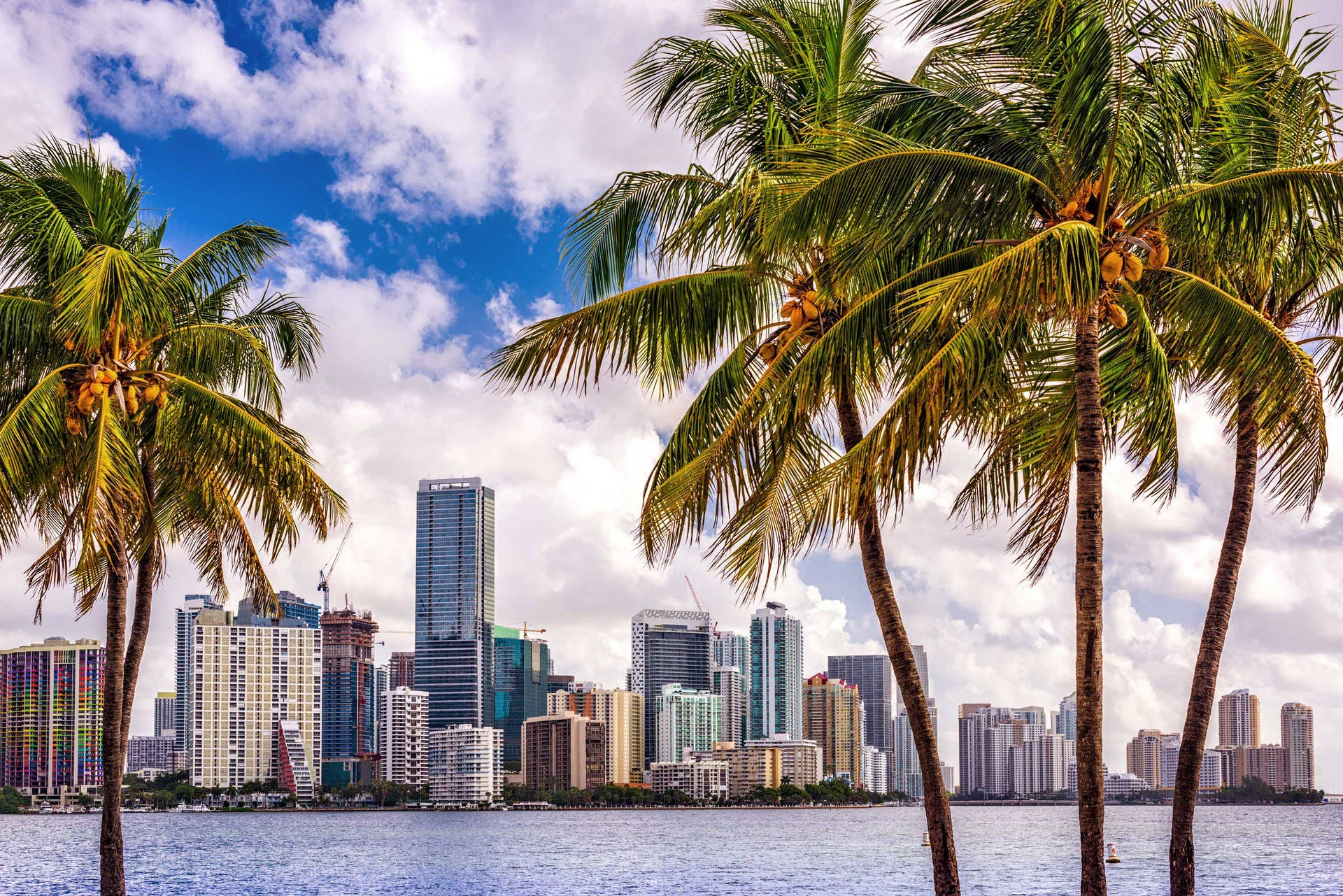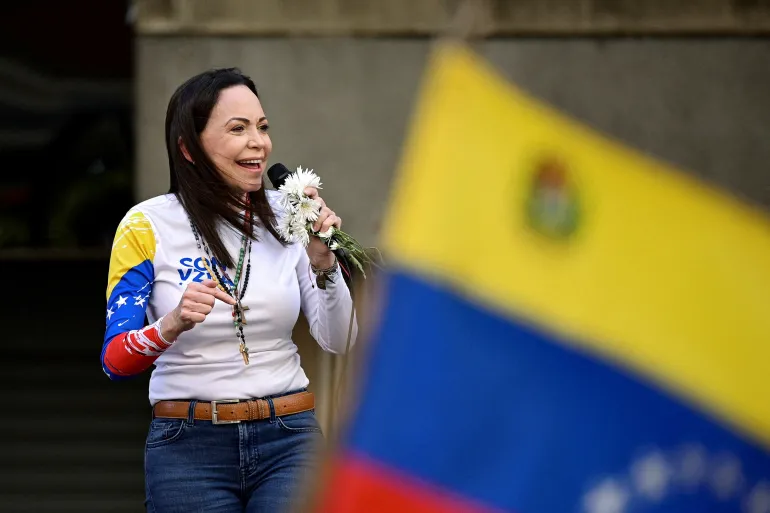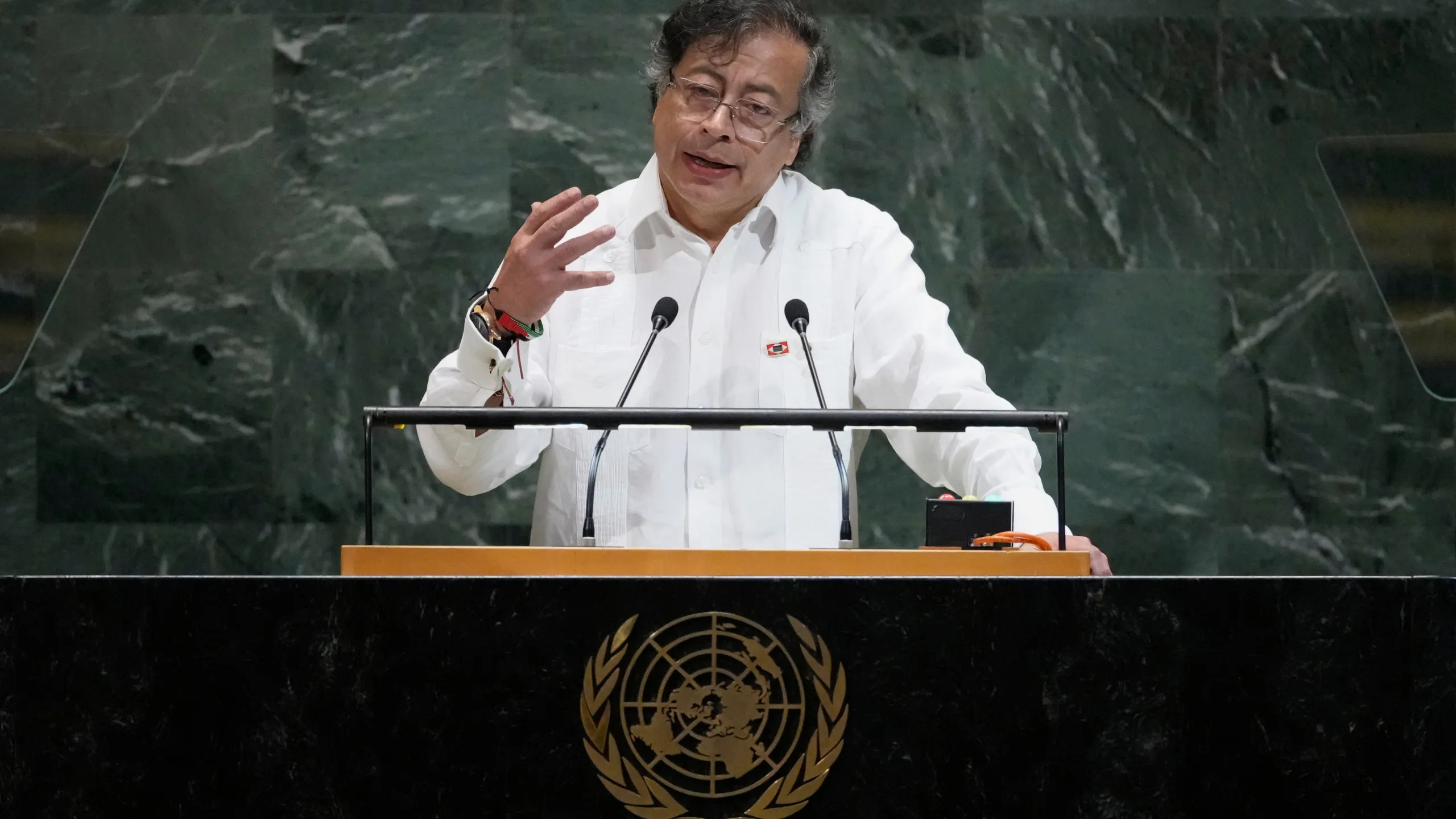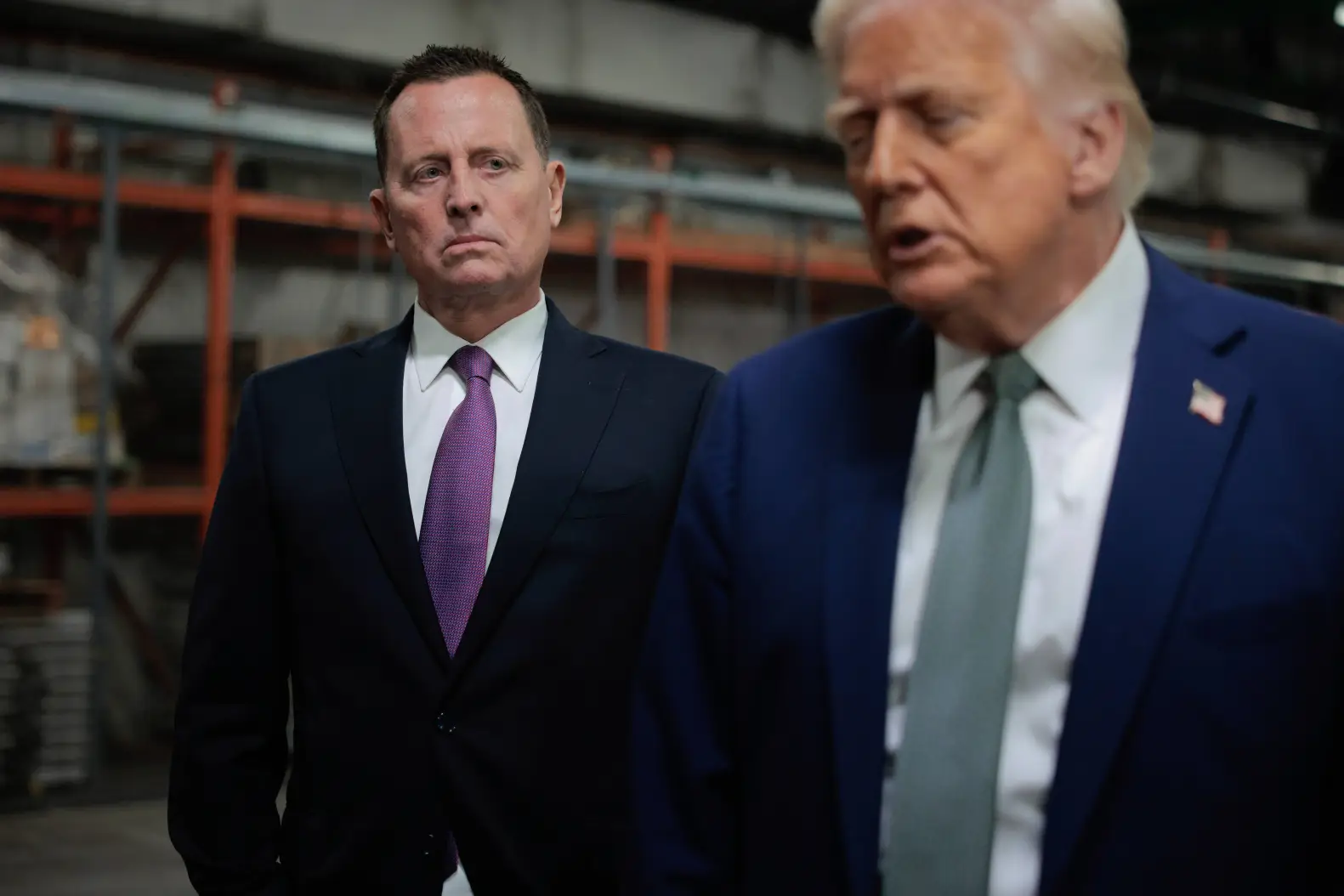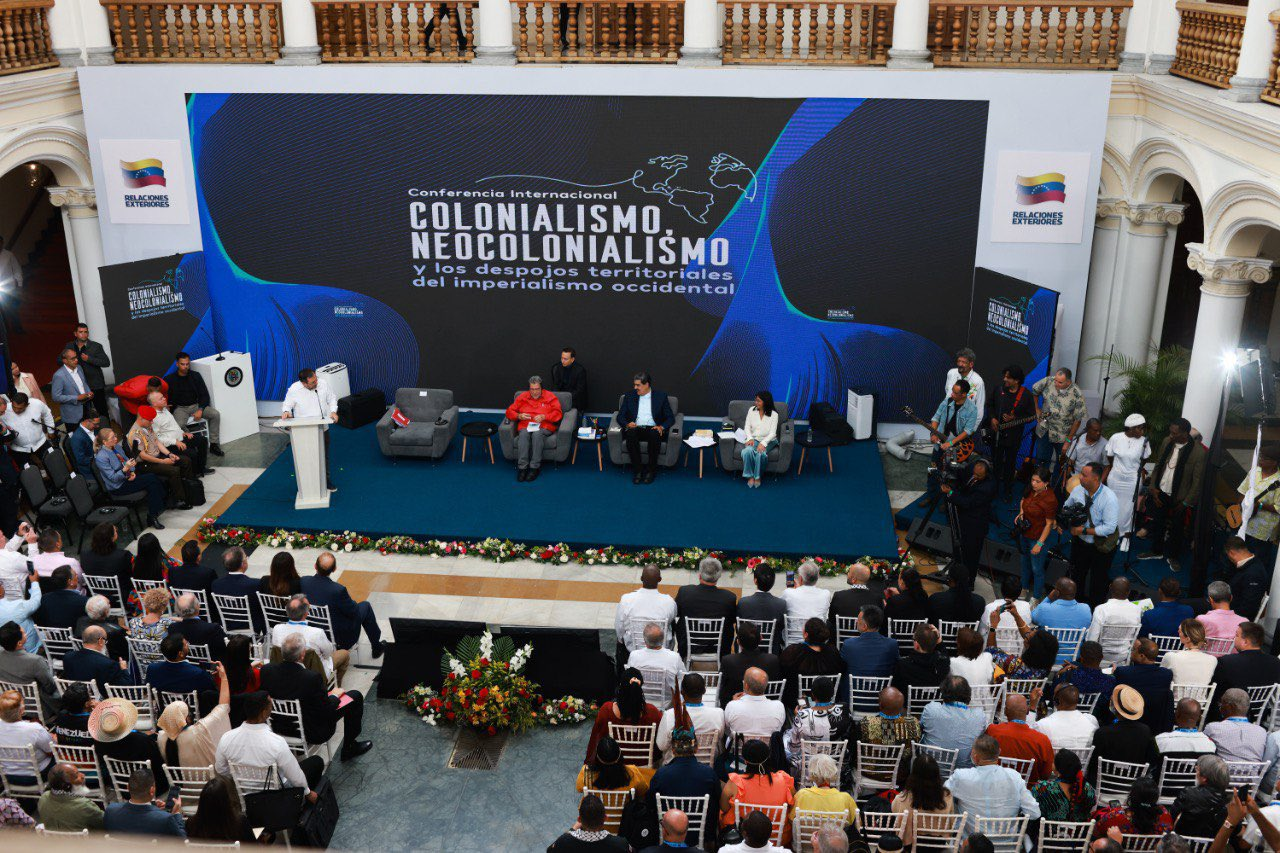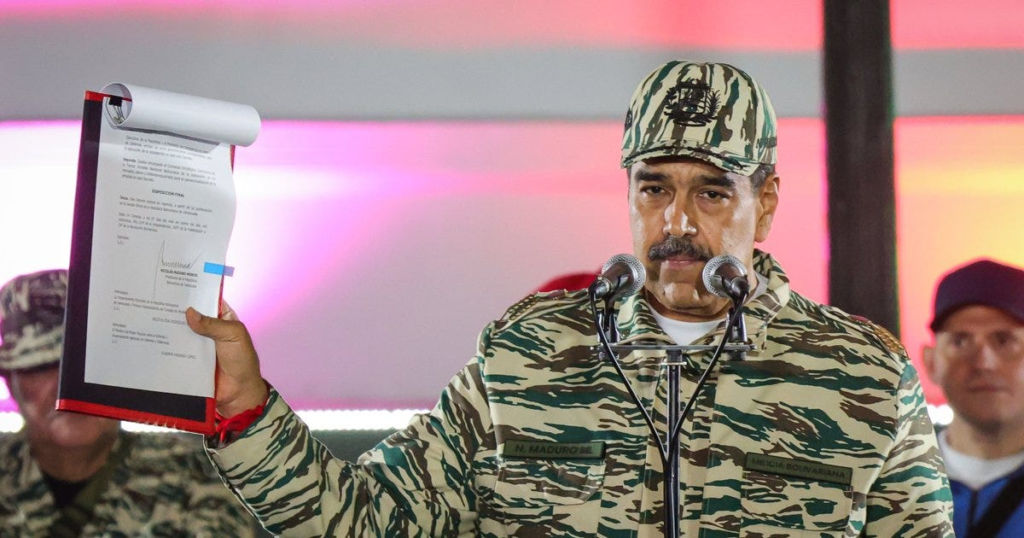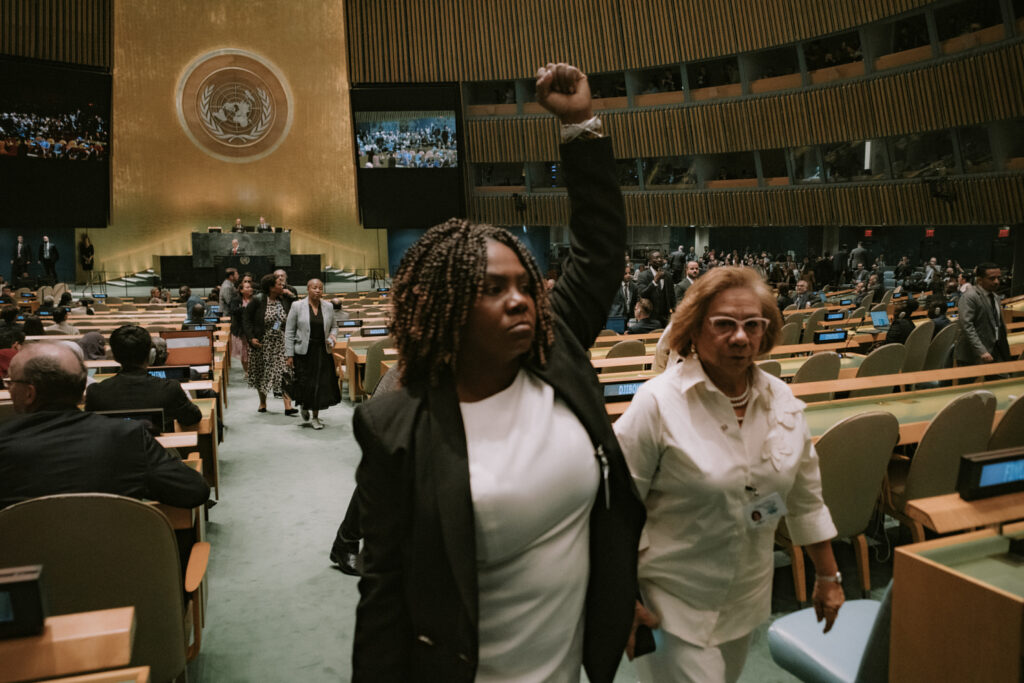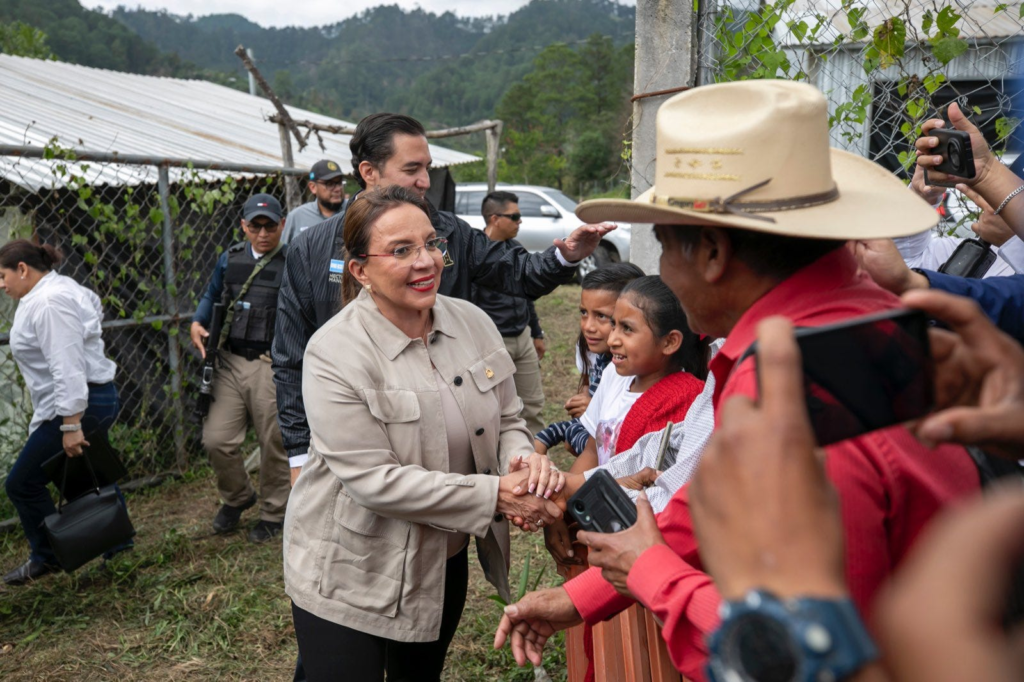Unsealed federal charges for a money laundering operation that involved an elaborate scheme to smuggle a large quantity of illicit gold were released as part of an indictment against a Miami family of three.
Miami businesswoman Beatriz Eugenia Hernandez, 57, devised a clever method of shipping illicit gold from her native Colombia to the United States, and then wiring the proceeds from the sale of the precious metal back home to a shipping company in Colombia.
Hernandez managed to import quantities of the metal by packing cylinders of copper painted gold inside donut-shaped copper widgets. Most of these shipments contained ordinary metal products, while half contained undeclared gold cylinders that were painted over to avoid detection by U.S. Customs inspections.
Hernandez, Hernandez’s son, Carlos Mathias Gonzalez, 26, and her brother Esteban Hernandez, 47, are alleged by federal authorities to have received shipments of these illicit packages from a Colombian company that purported to contain various types of metal widgets. The trio would then “extract the gold cylinders, sell the gold through two U.S. corporate entities, and then wire the funds between the entities’ bank accounts before ultimately wiring the funds to the Colombian company’s accounts in Colombia”, according to documents of the indictment.
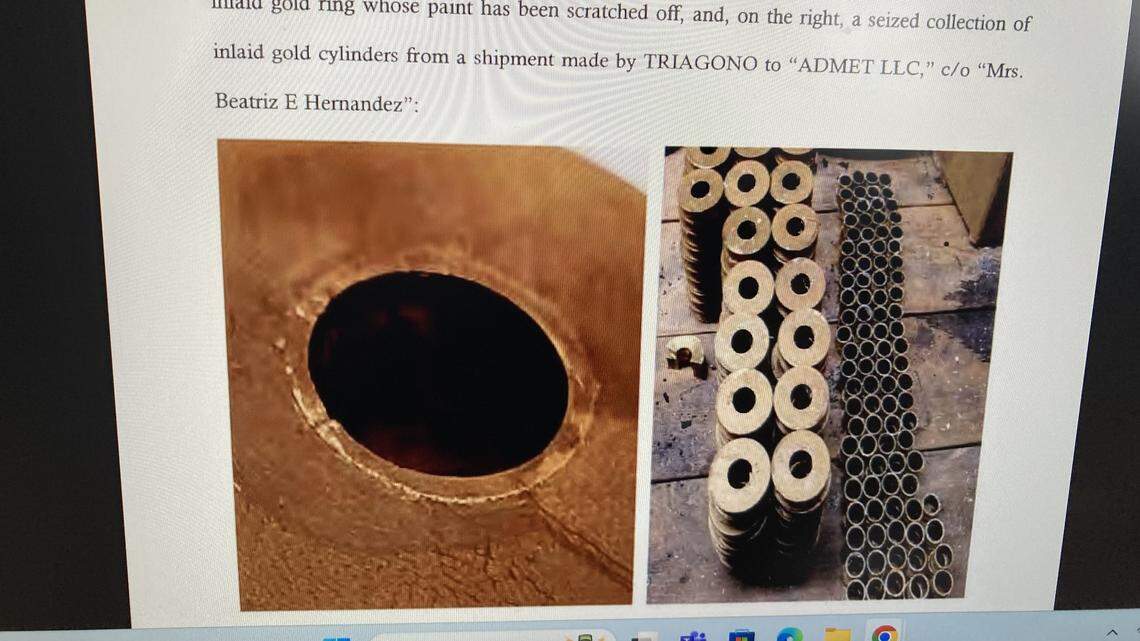
All told, the scheme “resulted in approximately $24,628,943 being wired to Colombia from the United States between December 2018 and May 2022.”
The three defendants pleaded not guilty in federal court on charges that allege the trio conspired to defraud the United States government. The mother, Hernandez, and her son, Carlos Gonzalez, also pleaded not guilty to the additional charges of money laundering. The brother in the smuggling affair, Esteban Hernandez, 47, was not indicted on the additional money laundering charges.
Attorneys for the trio, working in tandem, claim the federal government is turning a potential technicality in regulatory violation into a criminal case.
Defense attorneys representing the family assert that the trio received legal advice from South Florida and Colombian lawyers before importing the metals into the United States.
Illegal gold mining in South America has ramped up in recent years as criminal drug cartels in the region have penetrated into the illicit mining industry to diversify their profit-making enterprises. Organizations have been accused of digging deep into the heavily jungled Amazon Rainforest in Venezuela, Colombia, Ecuador, Peru, and Brazil, often encroaching on and seizing land and territory inhabited by local indigenous populations.
Slave labor, undocumented migrants, and children are frequently taken advantage of to work the forested mines, digging up the precious metal for cheap labor, while reaping large profits for criminal gangs and armed drug organizations that generate the additional funds to purchase large quantities of narcotics and military-grade weapons.
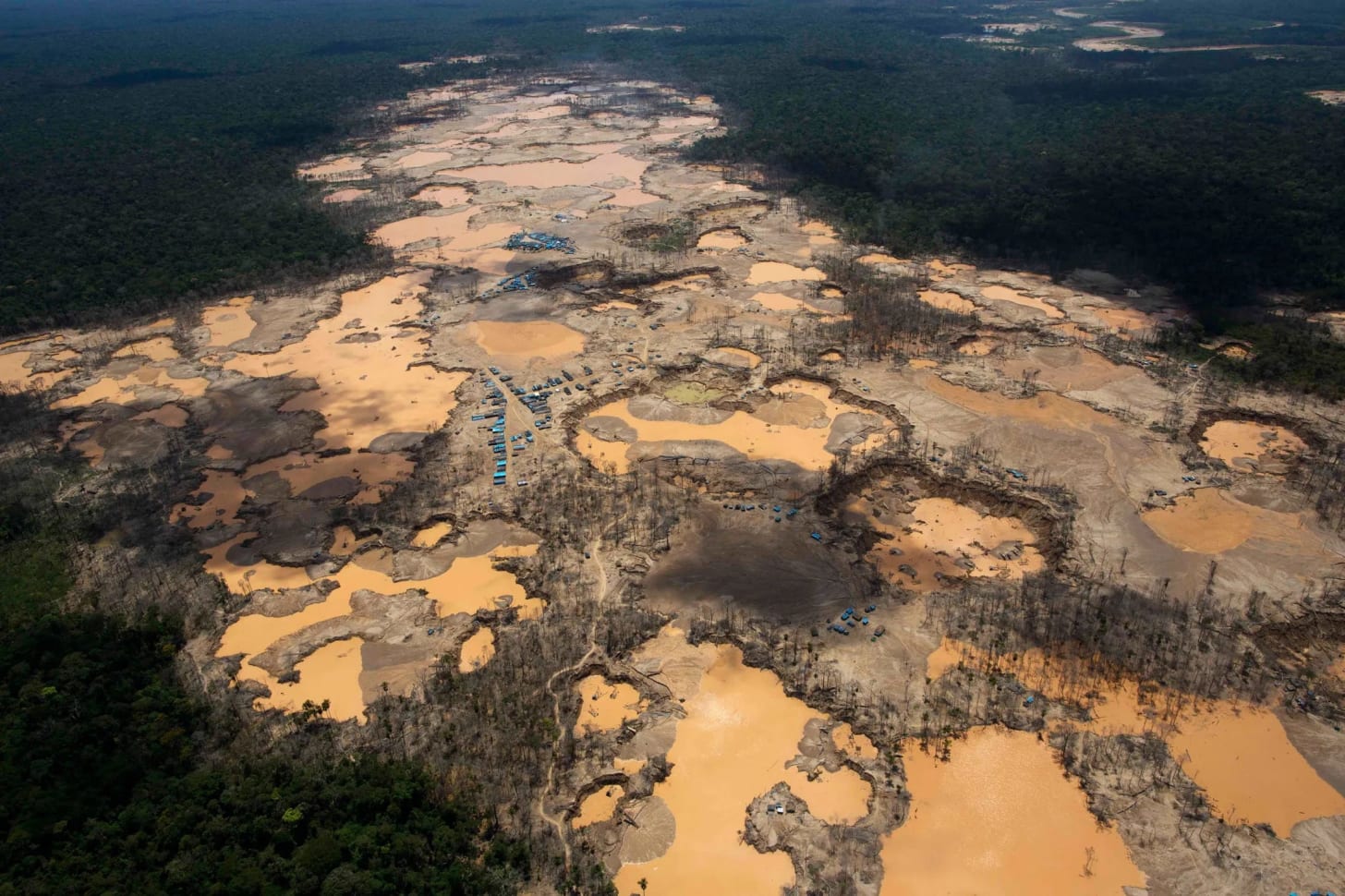
Illegal gold mining is an enticing venture for these criminal organizations because of the ease with which the proceeds can then be laundered. Human trafficking and the use of desperate and unrepresented migrants from other parts of the region exacerbate an already complex and multifaceted criminal industry that is closely linked with other methods of criminality exercised by cartel organizations.
Local governments in the region have partnered together to cut down on the trend of expanding mining operations.
Several initiatives in Brazil, Ecuador, and Colombia, for instance, have been proposed, such as limiting flights or river transports in the Amazon – where illicit activities are most active – that frequently provide illegal miners with supplies, or attempting to block off any access to areas not authorized by authorities.
However, none of these initiatives were ever enforced, including a no-fly zone that was meant to reduce the air traffic of unregistered flights that undoubtedly supply illegal mining operations with equipment and other material used by these illicit groups, according to the Center of Strategic & International Studies.
The vast expanse of the Amazonian territory lends the prospects of completely eradicating the extent of illicit mining operations almost hopeless, which is why stronger border inspections and international and government oversight over the distribution links are made all the more critical to reduce the flow of illegal gold shipments.

